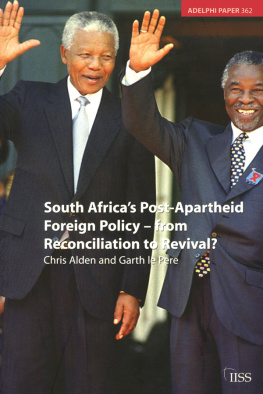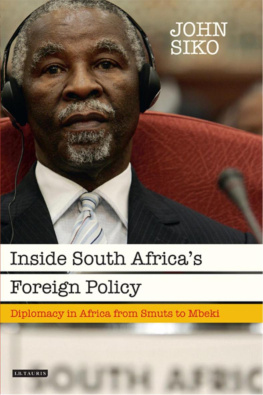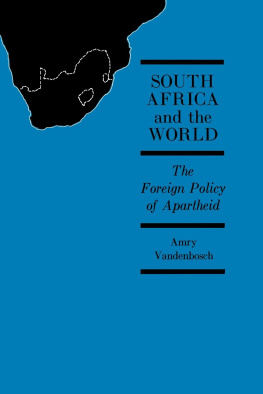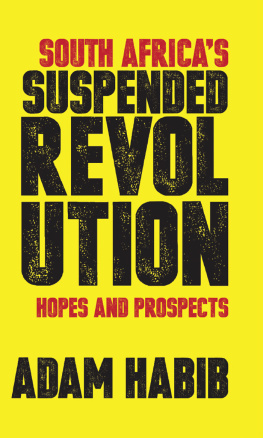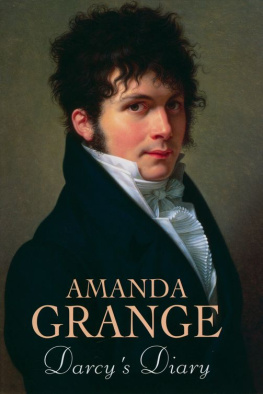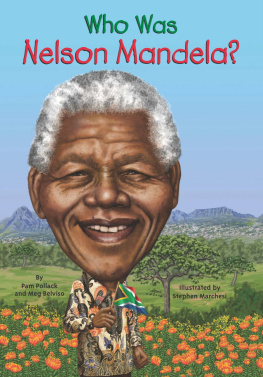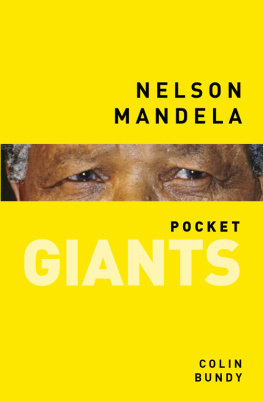First published December 2003 by Oxford University Press for
The International Institute for Strategic Studies
Published 2018 by Routledge
2 Park Square, Milton Park, Abingdon, Oxon, OX14 4RN
52 Vanderbilt Avenue, New York, NY 10017
First issued in hardback 2018
Routledge is an imprint of the Taylor & Francis Group, an informa business
The International Institute for Strategic Studies 2003
Oxford University Press, Great Clarendon Street, Oxford ox2 6DP
Oxford New York
Athens Auckland Bangkok Bombay Calcutta Cape Town
Dar es Salaam Delhi Florence Hong Kong Istanbul Karachi
Kuala Lumpur Madras Madrid Melbourne Mexico City Nairobi
Paris Taipei Tokyo Toronto
and associated companies in Ibadan
Oxford is a trade mark of Oxford University Press
Published in the United States
by Oxford University Press Inc., New York
www.iiss.org
Director John Chipman
Editor Tim Huxley
Design Manager Simon Nevitt
All rights reserved. No part of this publication may be reproduced, stored in a retrieval system or transmitted in any form or by any means, electronic, mechanical or photo-copying, recording or otherwise, without the prior permission of The International Institute for Strategic Studies. Within the UK, exceptions are allowed in respect of any fair dealing for the purpose of research or private study, or criticism or review, as permitted under the Copyright, Designs and Patents Act, 1988, or in the case of reprographic reproduction in accordance with the terms of the licences issued by the Copyright Licensing Agency. Enquiries concerning reproduction outside these terms and in other countries should be sent c/o Permissions, Journals Department, Oxford University Press.
This book is sold subject to the condition that it shall not, by way of trade or otherwise, be lent, re-sold, hired out or otherwise circulated without the publishers prior consent in any form of binding or cover other than that in which it is published and without a similar condition including this condition being imposed on the subsequent purchaser.
British Library Cataloguing in Publication Data
Data available
Library of Congress Cataloguing in Publication Data
ISBN 13: 978-1-138-47288-4 (hbk)
ISBN 13: 978-0-19-853078-7 (pbk)
ISBN 0567-932x
Glossary
ACCORD The African Centre for the Constructive Resolution of Disputes
AISA Africa Institute of South Africa
ANC African National Congress
ASEAN Association of South East Asian Nations
AU African Union
CCR Centre for Conflict Resolution
CHOGM Commonwealth Heads of Government Meeting
DFA Department of Foreign Affairs
DG Director-General
DoD Department of Defence
DRC Democratic Republic of Congo
DTI Department of Trade and Industry
EU European Union
FRETILIN Revolutionary Front for an Independent East Timor
GDP Gross Domestic Product
GEAR Growth, Employment and Redistribution strategy
HIPC Highly Indebted Poor Countries
IMF International Monetary Fund
IRPS International Relations, Peace and Security
ISDSC Inter-State Defence and Security Committee
ISS Institute for Strategic Studies
MAP Millennium Africa Programme
MDC Movement for Democratic Change
MK Umkhonto we Sizwe
MLC Congolese Liberation Movement
MONUC UN Observer Mission to the Congo
MPLA Movimento Popular da Libertacao de Angola
NAI New African Initiative
NAM Non-aligned Movement
NCACC National Conventional Arms Control Committee
NEPAD New Partnership for Africas Development
NPT Non-proliferation Treaty
OAU Organisation of African Unity
OECD Organisation for Economic Cooperation and Development
OPDS Organ for Politics, Defence and Security
PCAS Policy Coordination and Advisory Services
RCD Congolese Rally for Democracy
RDP Reconstruction and Development Programme
SACU Southern African Customs Union
SADC Southern African Development Countries
SANDF South African Defence Force
SPLA Sudan Peoples Liberation Army
TBVC states Transkei, Bophuthatswana, Venda and Ciskei
UNCTAD United Nations Conference on Trade and Development
UNITA National Union for the Total Independence of Angola
WTO World Trade Organisation
In 1994, South Africa emerged from decades of international isolation induced by its apartheid policies into a world in the grip of rapid and sometimes contradictory change. Fratricidal war in places as diverse as Bosnia, Sierra Leone and Sri Lanka had demonstrated the potency of communities of blood rooted in exclusion while globalising capital, spurred on by rapid advances in communications and technological innovation, had trampled borders in search of new consumers and markets. The African continent, caught in a spiral of intermittent violence, rampant pandemics, economic decline and state collapse, appeared to be on the cusp of marginalisation from the promise of prosperity that accompanied the expansion of trade and diffusion of technology.
Against this backdrop, South Africans were challenged to construct new democratic institutions and an inclusive civic culture from the bitter legacy of decades of statutory racism and ideological division. Successive apartheid regimes had resorted to coercion and state violence to enforce what was universally condemned as illegitimate white minority rule.
Given this bitter history, the plaudits hailing South Africas negotiated political settlement and peaceful transition in 1994 were lyrical indeed. In the face of dour predictions of a racial war and harbingers of an apocalyptic future, its transition has been extolled as one of the most extraordinary political transformations of the twentieth century, in which South Africans have defied the logic of their past, and broken all the rules of social theory, to forge a powerful spirit of unity from a shattered nation. At the same time, the evolution of an overarching national identity has contended with potent forces from the countrys past.
Just as the fragile domestic situation presented a raft of challenges for the ANC, so the turbulent international environment and especially its consequences in Africa imposed specific and compelling demands upon the fledgling government in Pretoria. Building upon the legacy of the apartheid state and the liberation movement, the new South Africa sought to develop an activist role in international affairs. This was premised upon a belief in the compatibility of human rights, solidarity politics and the countrys own development needs. From questions as diverse as Nigerian democracy to independence for East Timor, President Nelson Mandela and his successor Thabo Mbeki have sought to invigorate the conduct of international affairs with reference to South Africas unique transition and moral stature. For the ANC, the struggle for an apartheid-free South Africa was in many ways a struggle for fundamental human rights. It was no coincidence, therefore, that human rights were canonised as a cornerstone of foreign policy.

